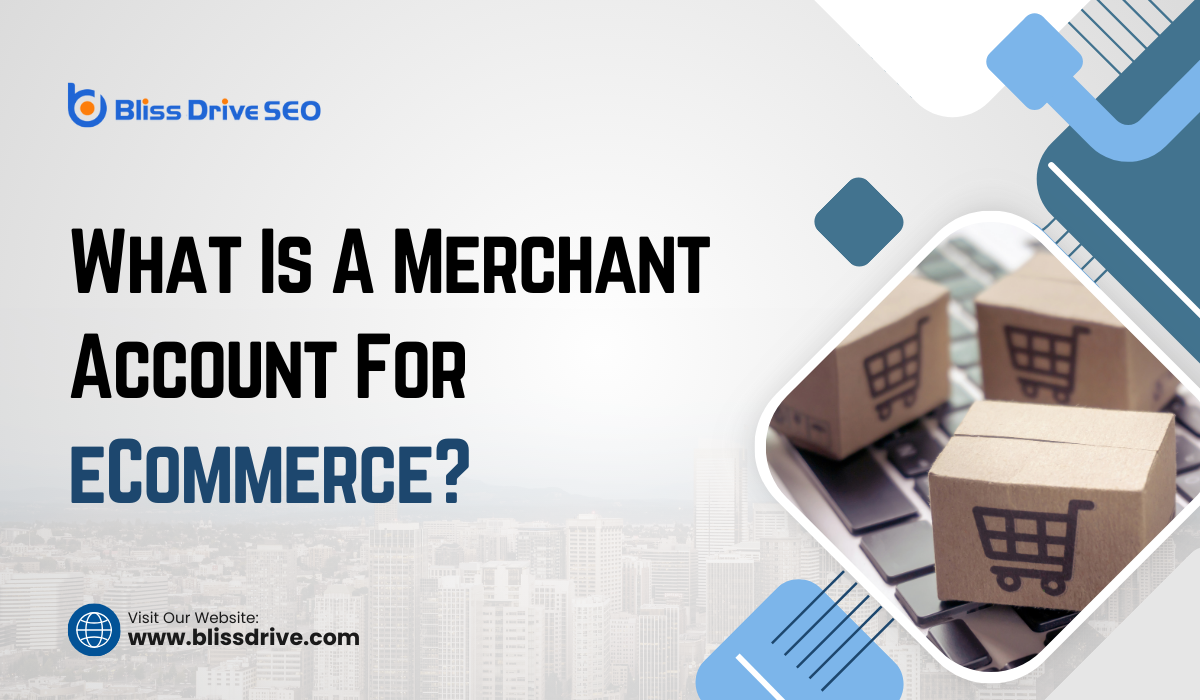Learn More About Us

A merchantThe business or individual that owns the product or service being promoted and pays commissions to a... account is a type of bank account that enables sellers, particularly those in the eCommerce industry, to take credit and debit card payments from clients online through a payment gatewayA service that authorizes and processes payments for online retailers..
If you have an eCommerce business, it is critical to implement a cashless payment structure that customers can trust and that also adheres to strict security standards. As a result, you'll need to open a merchant account in order to accept payments from online shoppers.
"Merchant services" refer to a variety of payment processor options, which may include collaborating with a merchant account provider. Whereas "merchant accounts" refer to the accounts used to receive payments from customers.
Without a merchant account, you would have to wait a long time to get the payment for your products or services after a customer paid with a credit card. This is because there is a waiting time between when a customer makes a credit card purchase and when they pay their credit card bill. Luckily, the account provides your business the funds from a card transaction, minus any fees, if you have a merchant account.
After a customer buys products or services from you, the card processor transmits transaction details through the card issuer. The transaction is completed once the card issuer verifies that there is adequate money in the account. This data exchange is supervised by credit card networks such as Mastercard and Visa.
It may appear as though there is a great deal of back and forth to be concerned about. However, merchant accounts significantly lessen the amount of work on your end as a business owner to access your money. In general, they provide you with stress-free credit card processing.
If you are looking to have an eCommerce website, check out Bliss Drive’s article about how to code eCommerce websites from scratch.
